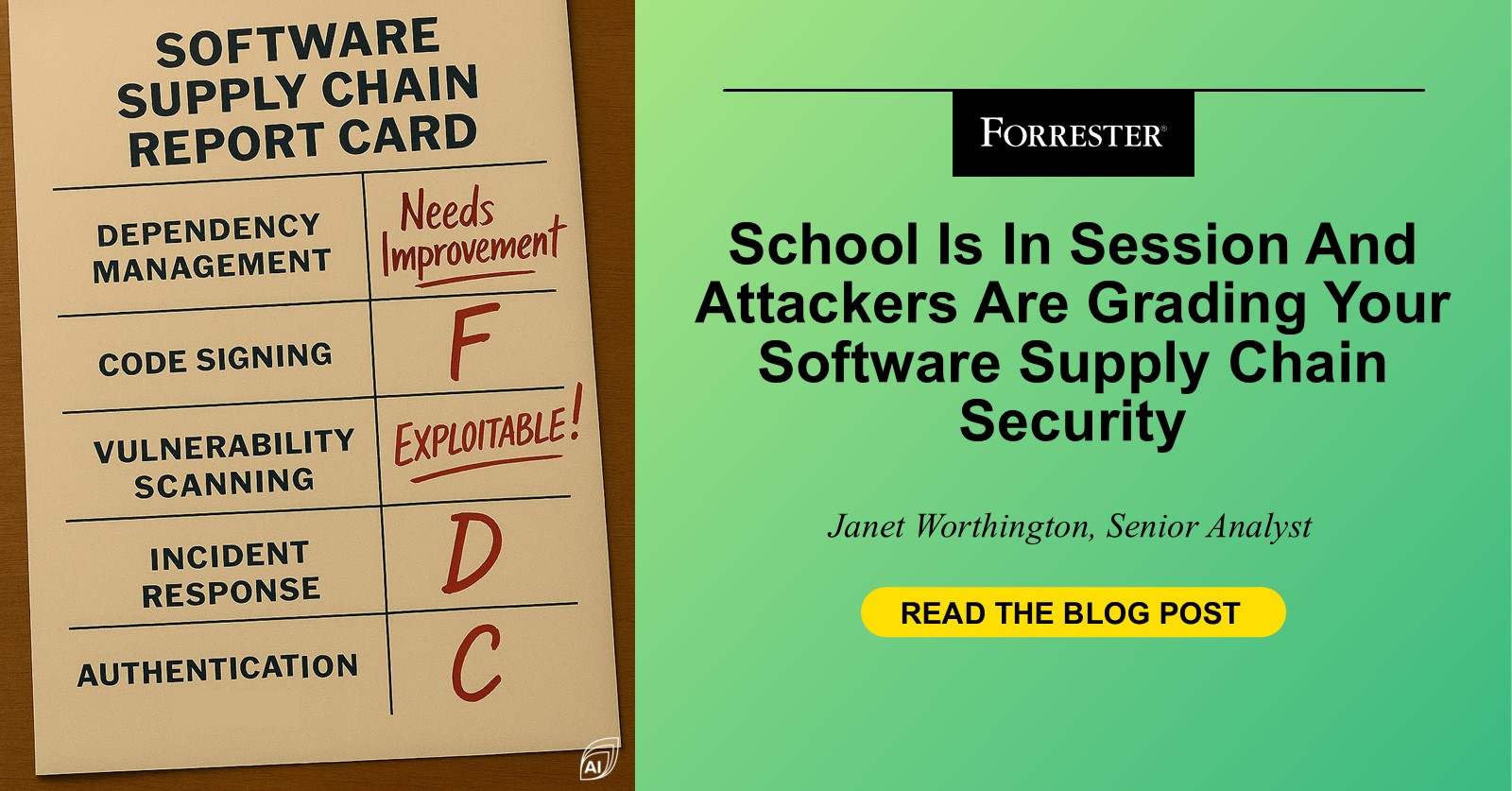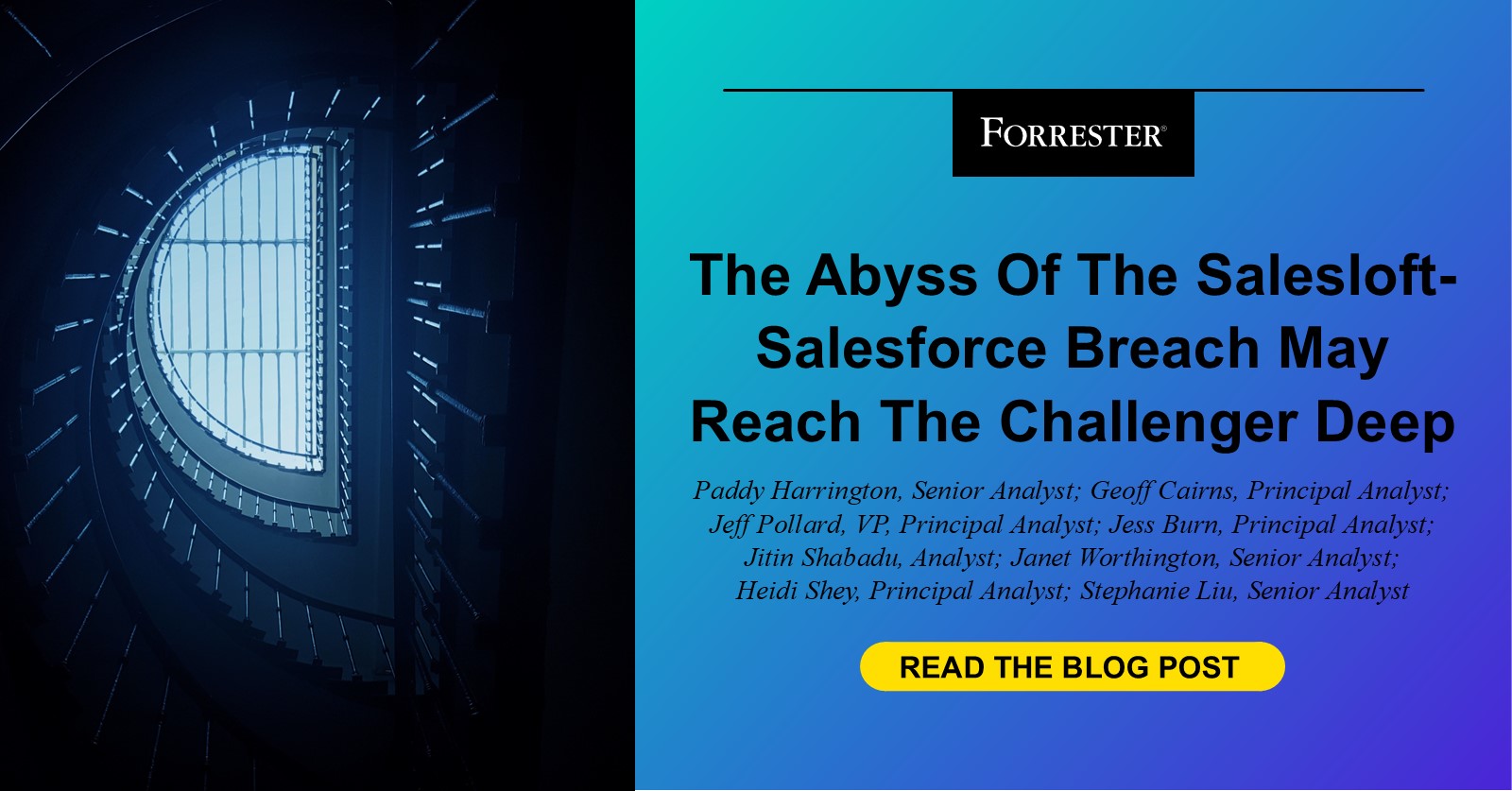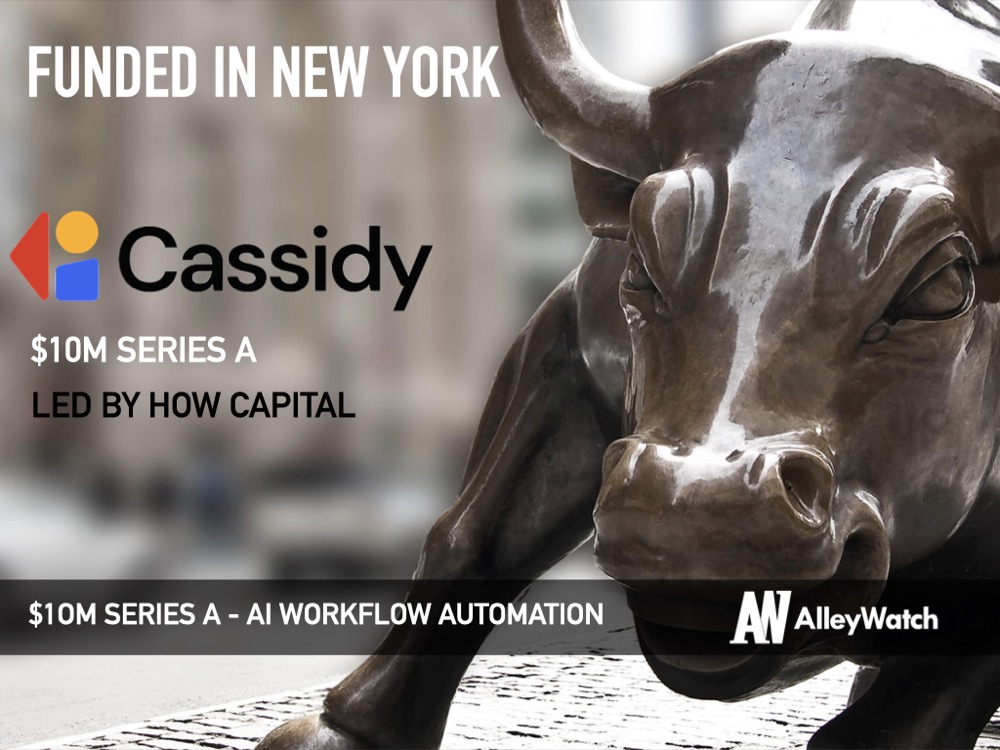The markets have spoken and they’re not happy. We’ve just seen the biggest global drop since COVID. A sharp, gut-level reaction to what might go down as one of the most economically turbulent moves in decades: blanket tariffs from the US, with Asian markets taking the hardest hit. Could this turn out to be one of the most consequential economic decisions of our time? Possibly. But it’s too early to say.
What’s certain is this: uncertainty has been re-injected into the veins of global trade. This isn’t just a headline. This is real-world volatility: pensions bruised, prices rising, consumer confidence shaken. Inflation might be the next hit.
The fallout has barely begun. China’s already retaliating. Japan’s on the defensive. And for brands, the next few weeks are a minefield. Stay tuned. This isn’t just a bump. It might be a reckoning.
What’s Happened…
President Trump has applied a default 10% baseline tariff on all imports into the US, effective 5 April.
Higher rates have been applied to around 60 countries, including China, Japan and EU countries, that already apply higher tariffs or other non-tariff barriers to trade, such as quotas on imports, subsidies or other measures that act to prevent US trade in those territories.
Mexico and Canada were notably absent from the new announcement. Both countries are already subject to 25% tariffs on all goods exported to the US outside of the scope of the United States-Mexico-Canada Agreement (USMCA). The USMCA is a free trade agreement that allows tariff-free import/export between the three countries of most agricultural and textiles goods.
In addition to the territory-specific tariffs, President Trump also announced a 25% tariff on all foreign-made automobiles. This will have a disastrous effect on vehicle exports into the US, as profit margins in the industry tend to range around 6-7% and very rarely reach 20%. In effect, exporting cars to the US will be a loss-making endeavor in most cases.
Why it Matters
Bluntly, businesses importing goods from affected territories will pay the respective tariff as a percentage of the value of the goods being imported. The likeliest effect is that the increased cost will be passed on to consumers through higher retail prices. Initially, this will apply only to US customers, as the tariffs will only directly affect goods entering the US.
However, it is possible – and in some territories very likely – that affected countries will retaliate by applying their own increased tariffs on US goods entering their economies. This would have the same effect on domestic consumers there, pushing up the cost of US goods.
How the Stock Market is Responding
Already, we’ve seen stock market falls. The market doesn’t like uncertainty, nor, generally, restrictions on trade, so we will likely see further instability in the short term. This will directly impact investors and retirement/pension savers, but the reality is that this will mean very little for the average consumer.
More impactful will be the effects of any increase in inflation as a fallout of the new tariffs. First, higher prices would mean greater strain on household finances – or at least an extension of the recovery from the cost-of-living crisis. Secondly, a rise in inflation would ordinarily delay planned interest rate cuts. In the worst-case scenario, it could lead to higher interest rates. This would be a boost for savers, but cause prolonged harm for borrowers.
However, given the grave projections for what these tariffs mean for GDP, the market’s initial reaction was instead an expectation that central banks will be forced to speed up rate cuts to promote spending and protect growth.
Expect to see forecasts change ongoing, especially as responses to the tariffs from other countries become clearer.
How Brands Will Respond
The response from brands will depend on the options available to them. If alternative sources exist, we could see a turn towards more domestic production and manufacturing, or greater imports from other countries where tariffs are lower. In the case of the US, greater domestic production and manufacturing will almost certainly result in higher costs than before new tariffs were introduced.
There is a possibility that the very high tariffs applied to Chinese goods could see more Chinese products routed into UK/EU markets, offering a route to replacing costlier US ones if retaliatory measures are announced. In this scenario, prices could actually fall, though this will be sensitive to the makeup of individual categories and products.
Elsewhere, the jobs of workers in the most exposed categories will be at risk. If employers lose out by being unable to sell into the US market and fail to replace that business, job losses are inevitable. Car manufacturers are the most obviously vulnerable to this in the UK and Germany, given the instant imposition of the 25% tariff. Unemployment rates in most advanced economies have been low and stable for a prolonged period. A sudden rise in unemployment, even if limited to select industries, would have a negative impact on consumer confidence.
What Brands Should Do Now
The immediate impact for consumers will be felt in the US, with price fluctuations. Immediate increases in costs for products imported into the US, particularly for low-margin goods, are likely, as there will be little choice but to pass them onto consumers and increase prices.
Only once other countries issue their measures will we know the extent of the impact in, for example, the UK, Germany and elsewhere. However, we still need to be prepared in these countries.
This is where Mintel’s understanding of consumers is uniquely valuable: our research from March 2025 shows that 62% of US consumers say rising prices due to tariffs will make them reconsider loyalty to certain brands. The cost-of-living crisis is a recent (and ongoing) precedent for how we can expect consumers to respond to rising prices. For example, we know from our research that savvy shopping activity ramped up, consumers traded down where appropriate and increasingly turned to low-cost retailers. We know, too, that consumers will still find space to treat themselves where they can, and the lipstick effect has been seen across the economy. Today’s tariff situation isn’t the same, but we can look to examples across categories for a guide on what we can expect from shoppers.
Questions you’re probably thinking that Mintel can answer:
How aware of US imports should we be? How much business is dependent on US imports? What would adding tariffs (of at least 10%) on those imports mean for profit margins? How viable is it that US imports could be replaced by domestic or other non-US sources?
How price-sensitive are specific categories/products? If prices rise, can consumers opt out or is this a non-discretionary item? Is there much scope for trading down to cheaper alternatives?
How much are categories/products exposed to changes in consumer confidence?It seems unreasonable to expect the ramping up of a global trade war to have no impact on consumer confidence, especially if jobs come under threat. Is a dip in confidence likely to cancel/delay purchases?
How Countries Will Respond
One important thing to bear in mind is that affected countries will see this announcement – or at least will want to see this announcement – as a starting point for negotiations.
For example, the UK has got off as lightly as it could with a 10% rate, but is in negotiations over a new trade agreement that the UK government hopes will result in zero tariffs. The UK has, so far, tended to take a cautious approach to responding to President Trump’s announcements. Even so, UK Business Secretary Jonathan Reynolds has announced a consultation on which products could be used as part of a tariff response, which will end on 1 May.
On 3 April, Ursula von der Leyen, the President of the European Commission, announced that the EU wanted to negotiate to “remove any remaining barriers to transatlantic trade” but was “prepared to respond”. The EU has already responded with retaliatory tariffs on up to $28bn of US goods after the US applied a 25% tariff on steel and aluminium. The EU has ruled out further retaliatory tariffs for 4 weeks, but is likely to announce some at the end of April if no progress is made on negotiations with the Trump Administration.
China has been more bullish. The Commerce Ministry stated that “China firmly opposes this and will take countermeasures to safeguard its own rights and interests.” The 34% reciprocal tariff announced for Chinese imports to the US is in addition to a 20% levy already applied by President Trump, meaning China’s rate is, in effect, 54%. On 4 April, China announced its own 34% tariff on all imports of US goods, to take effect from 10 April. Meanwhile, there is an expectation that there will be other non-tariff reactions from China that will impact on trade with the US, such as more export controls on critical minerals, or enhanced scrutiny on US companies operating in the country.
Japanese Prime Minister Shigeru Ishiba has promised support for Japan’s domestic industries, expressing disappointment at the news. Japan’s auto industry accounts for around 3% of GDP.
Many other countries lack the ability to present a meaningful pushback against the tariffs with their own measures against the US. Still, they will instead look to negotiate trade deals and/or realign with other trade partners to protect their economies. Countries like India and South Korea look among those countries likely to negotiate as a first priority.
Helping brands decide what comes next
There is still an element of ‘wait and see’ around the response from the US’s trade partners. My colleagues and I will continue to monitor the situation and provide guidance based on any retaliatory measures.
We have forthcoming Mintel expert opinion pieces discussing how consumers are likely to be impacted, helping our client understand the implications on their markets and industries.
If you’re a Mintel client, our category experts are already exploring the tariff implications for imports into the US in the following articles. I encourage you to check them out:
If you’re not a Mintel client, my colleagues have shared some compelling, relevant insights in other Spotlight articles. Worth a read, but if you have specific questions or are interested in speaking to a Mintel Analyst, please do get in touch.




























